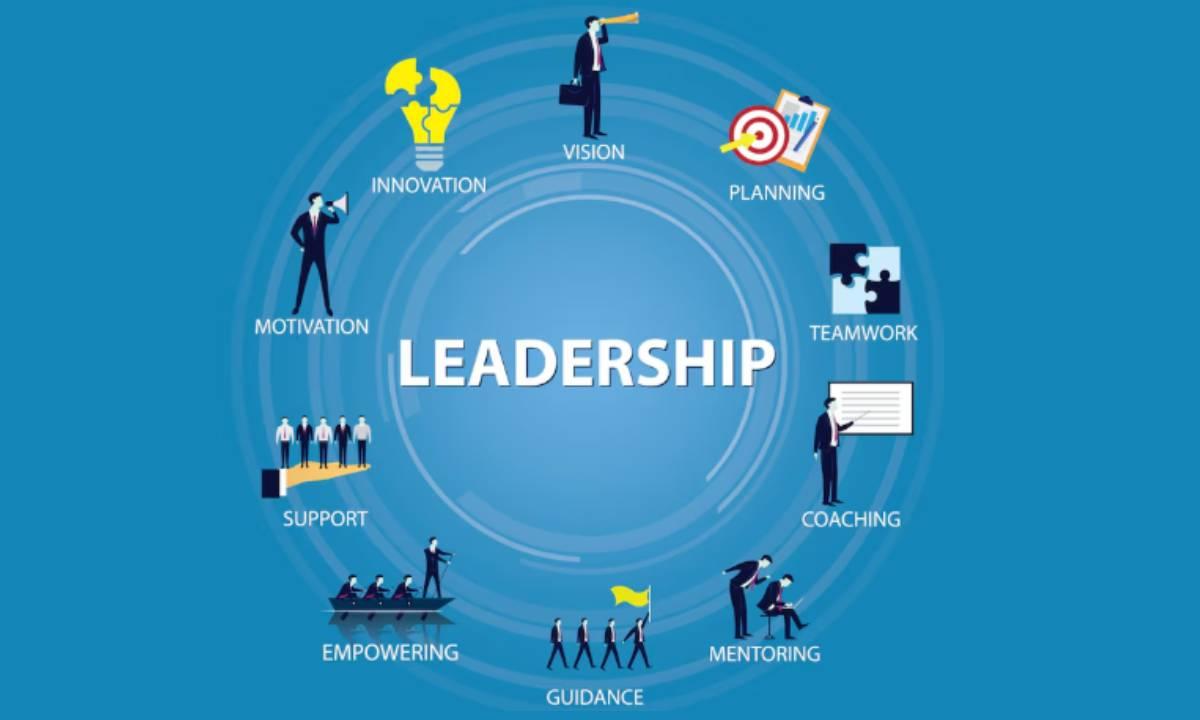How a Leadership Training Program Can Boost Team Performance and Morale?

Strong leadership is the backbone of any successful organization. When leaders are empowered with the right mindset, skills, and emotional intelligence, they don’t just manage people—they inspire, guide, and motivate them. That’s where a well-designed leadership training program comes into play. It helps managers evolve into confident decision-makers and team players who drive both performance and morale.
But this isn’t just about titles or job roles. Leadership exists at every level. Whether it’s a team lead encouraging collaboration or a department head setting strategic goals, every leader influences the energy and output of those around them. And when leadership falls short, even the most talented teams can struggle with productivity, engagement, and direction.
Why Leadership Training Matters in Today’s Workplace?
Today’s work environment is dynamic, diverse, and often hybrid. This requires leaders who are not only capable of delegating tasks but also adept at resolving conflicts, communicating clearly, and building trust in both in-person and virtual settings. A leadership training program equips professionals with these exact tools.
Leadership training matters because:
- It bridges the gap between technical expertise and people management.
- It boosts confidence in handling challenges like team conflicts, underperformance, or burnout.
- It fosters a sense of accountability and ownership.
- It nurtures emotional intelligence—an essential ingredient for building rapport and trust.
- When employees see their leaders walking the talk and supporting their growth, morale soars and performance improves organically.
How Leadership Training Impacts Team Performance?
One of the most immediate benefits of a leadership training program is its positive impact on team performance. Leaders who are trained know how to:
- Set clear expectations and goals.
- Recognize and utilize individual strengths.
- Delegate effectively without micromanaging.
- Keep the team aligned with the organization’s mission.
Trained leaders create clarity. This helps reduce confusion, improve task ownership, and keep teams moving in the same direction. More importantly, they know how to respond—not react—to workplace challenges. That stability builds team confidence and keeps performance consistent, even during high-pressure situations.
The Link Between Leadership and Morale
While performance is measurable, morale is felt. It shows in the energy of the team, the willingness to collaborate, and the trust people place in their leaders. Poor morale often results from miscommunication, unclear expectations, lack of recognition, or a fear-based culture. A strong leadership training program addresses all of these areas by cultivating self-awareness, empathy, and communication skills in leaders.
Leaders who learn to give constructive feedback, acknowledge efforts, and create a safe space for dialogue become morale boosters. When team members feel seen and supported, they are more likely to contribute ideas, take initiative, and stay loyal to the organization.
What Makes a Leadership Training Program Truly Effective?
Not all programs are created equal. The best leadership training is:
- Practical: Filled with real-world scenarios and case studies.
- Interactive: Encourages discussion, self-reflection, and feedback.
- Customizable: Tailored to industry, experience levels, and organizational goals.
- Continuous: Offers ongoing learning rather than a one-time session.
Whether it's through workshops, mentorship, or experiential learning, the most impactful programs focus on the “human” side of leadership - empathy, emotional regulation, listening skills, and ethical decision-making. These are the qualities that build strong leaders and even stronger teams.
Final Thoughts
Investing in a leadership training program is not just a perk for management it’s a strategic move that fuels organizational growth. Great leaders create great teams. And great teams are the ones that deliver consistent results, foster innovation, and carry the culture of the company forward.
When performance meets purpose, and leaders learn to lead with both heart and skill, morale naturally follows. If you’re looking to build a resilient and motivated team, start with your leaders - they set the tone for everything that follows.
- Art
- Causes
- Crafts
- Dance
- Drinks
- Film
- Fitness
- Food
- Παιχνίδια
- Gardening
- Health
- Κεντρική Σελίδα
- Literature
- Music
- Networking
- άλλο
- Party
- Religion
- Shopping
- Sports
- Theater
- Wellness


